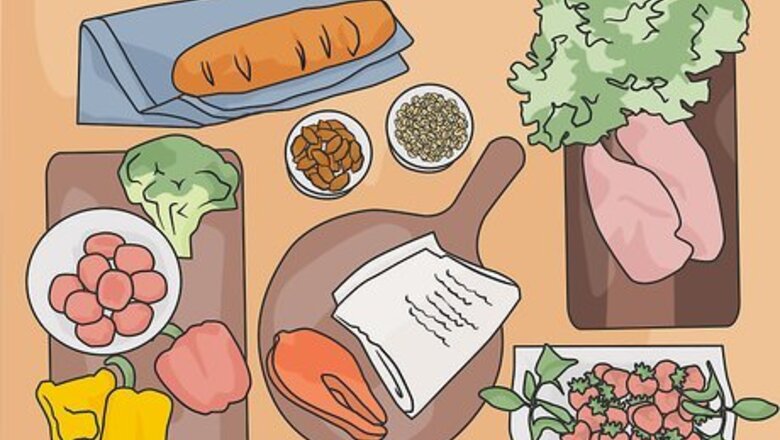
views
Dietary Changes
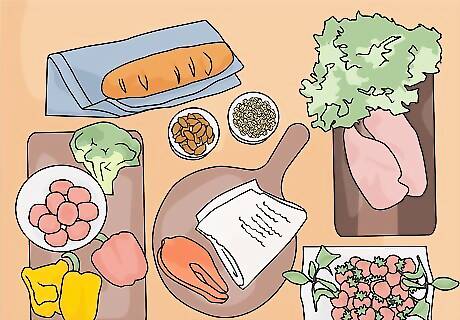
Practice a well-balanced diet stay nourished. Crohn’s disease could prevent you from absorbing nutrients and leave you malnourished. Make sure your diet is rich in vitamins, minerals, proteins, and complex carbs so you’re getting the nutrition you need. If your doctor thinks you aren’t getting enough nutrients from your diet, they’ll probably tell you to take a multivitamin or similar supplement.
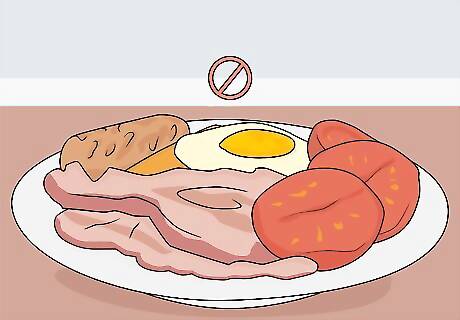
Follow a low-fat diet to avoid overwhelming your bowel. Fats, especially saturated fats, are difficult to digest and could make flare-ups worse. Cut out fried, processed, or other high-fat foods so your digestion runs smoothly. In general, monounsaturated “healthy” fats from vegetable oils and avocados are less of a problem, but it depends on the person. You might find these types of fat irritating as well.
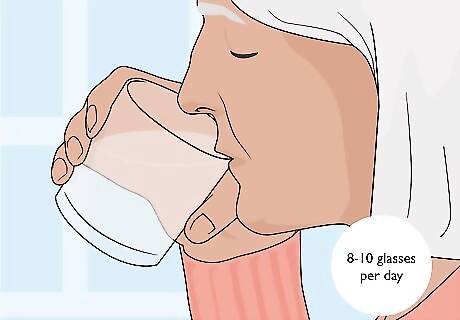
Drink plenty of water to keep your digestion moving. Dehydration slows digestion and could cause bowel obstructions. Drink at least 8-10 glasses of water every day so you stay well-hydrated.
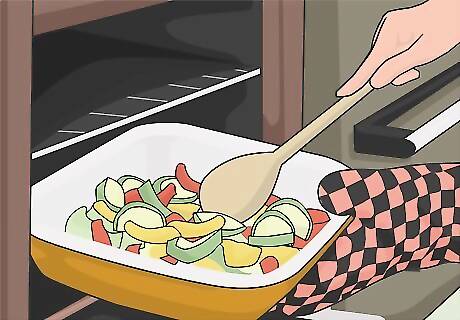
Cook fruits and vegetables instead of eating them raw. Some people with Crohn’s find raw fruits and vegetables irritating. Try steaming or baking them instead so they’re easier to digest. You should also peel fruits and vegetables because the skin is difficult to digest.
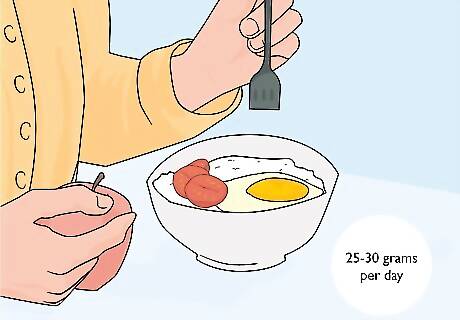
Keep your fiber intake around 25-30 grams per day. While fiber is an important nutrient, having too much could aggravate your bowel. Limit your intake of high-fiber foods and keep your consumption within the recommended 25-30 grams daily. Your doctor may have a different fiber recommendation depending on whether or not you’re having a flare-up, so follow their advice.
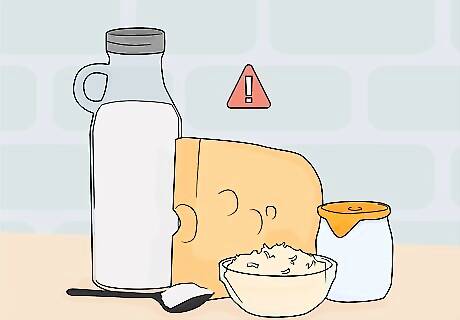
Limit the amount of dairy in your diet. Dairy products tend to cause gas and bloating, so try to reduce the amount of cheese, milk, and yogurt you eat if it causes discomfort. Some people with Crohn’s are also lactose-intolerant. In this case, you should cut out dairy entirely.
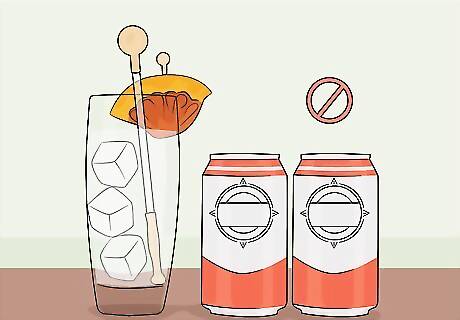
Cut fizzy drinks out of your diet. All fizzy drinks, even calorie-free ones like seltzer, can upset your bowel, so it’s best to avoid them altogether.
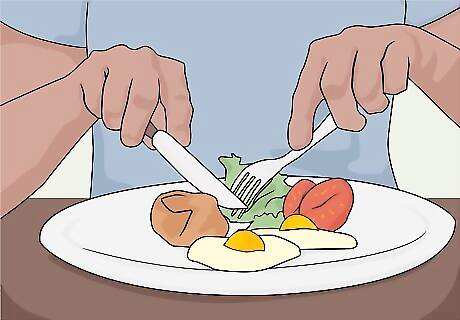
Eat smaller meals throughout the day so they’re easier to digest. Having 3 large meals during the day could overwhelm your bowel. You might be more comfortable if you eat 4-5 smaller meals throughout the day instead.
Lifestyle Remedies
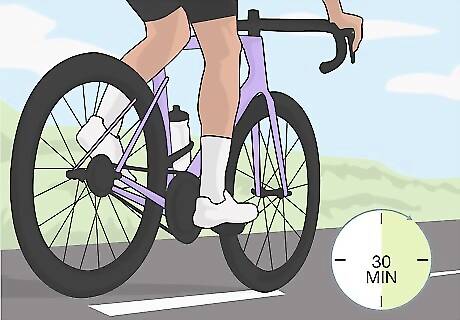
Exercise regularly to normalize your digestion. Staying sedentary can slow your digestion and cause constipation. Try to get at least 30 minutes of exercise 5 days per week to keep your digestion moving smoothly. Aerobic exercises like walking, running, swimming, and biking are best for digestive health.
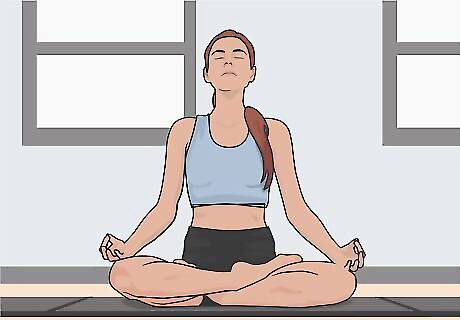
Reduce your stress to control your flare-ups. While stress doesn’t cause Crohn’s, it could trigger flare-ups or make them worse. Do your best to keep your stress under control and reduce the number of flare-ups you experience. Relaxation exercises like meditation, yoga, and deep breathing can all reduce your stress significantly.
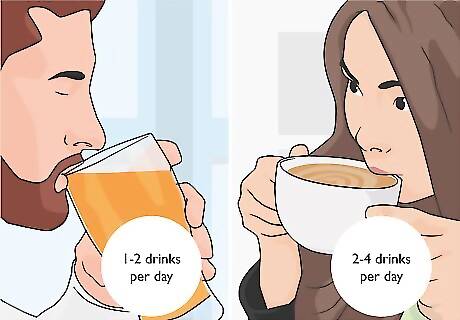
Limit your caffeine and alcohol intake. Excessive caffeine and alcohol consumption could irritate your bowel and make flare-ups worse. Limit your consumption to an average of 1-2 alcoholic drinks per day and 2-4 caffeine drinks per day. If either of these make your symptoms significantly worse, then you may want to cut them out entirely.

Quit smoking or don’t start in the first place. Smoking increases your risk of developing Crohn’s and makes flare-ups worse. It’s best to quit as soon as possible or avoid starting altogether.
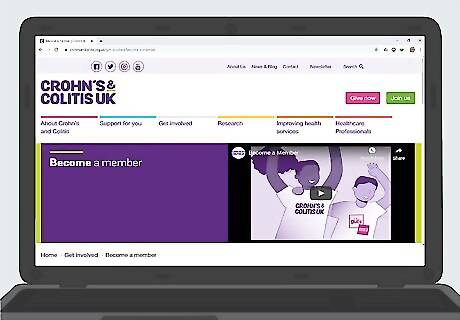
Join a support group so you don’t feel alone. This won’t treat your Crohn’s disease, but having a support network can make the condition easier to deal with. Search for support groups in your area that you can join to connect with people like you. There may also be online support groups if there aren’t any in your area.
Unverified Alternative Treatments
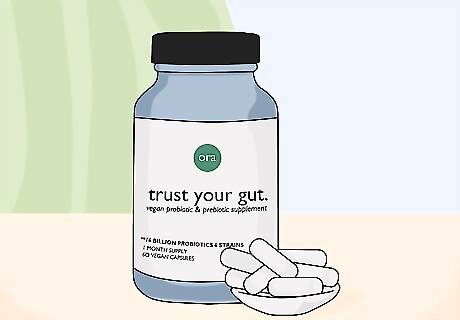
Use probiotics and prebiotics to support your gut flora. Both of these supplements could increase the number of healthy bacteria in your gut, which might improve your symptoms.
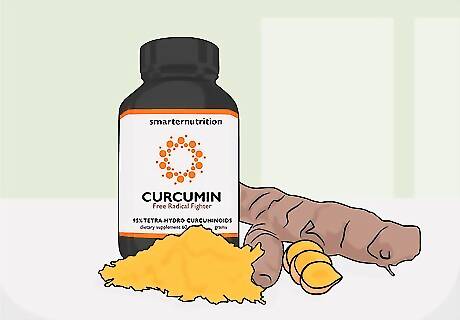
Take a curcumin supplement to reduce bowel inflammation. This nutrient, found in turmeric, in naturally anti-inflammatory and could control your symptoms by reducing inflammation in your bowel. You could also incorporate turmeric into your cooking to get more curcumin.
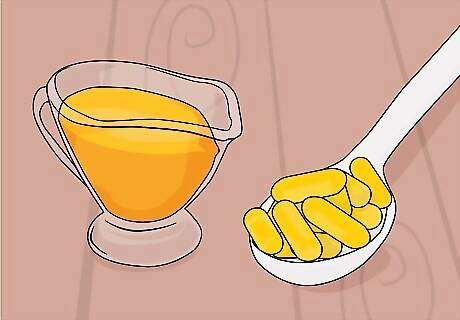
Get more omega-3s with fish oil supplements. There is limited evidence that an omega-3 boost could alleviate your symptoms, so you can try this for yourself and see if it works. There are also vegetarian and vegan-safe omega-3 supplements made from algae, seaweed, and other plant-based sources.
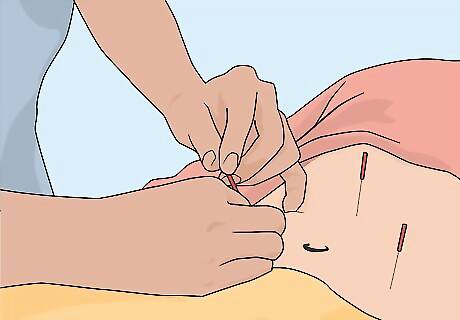
Try acupuncture to relieve pressure in your body. There is no data proving that acupuncture helps Crohn’s, but some people find that it releases their tension and makes them feel better. Always visit a licensed and experienced acupuncturist so you know you’re receiving a safe treatment.




















Comments
0 comment